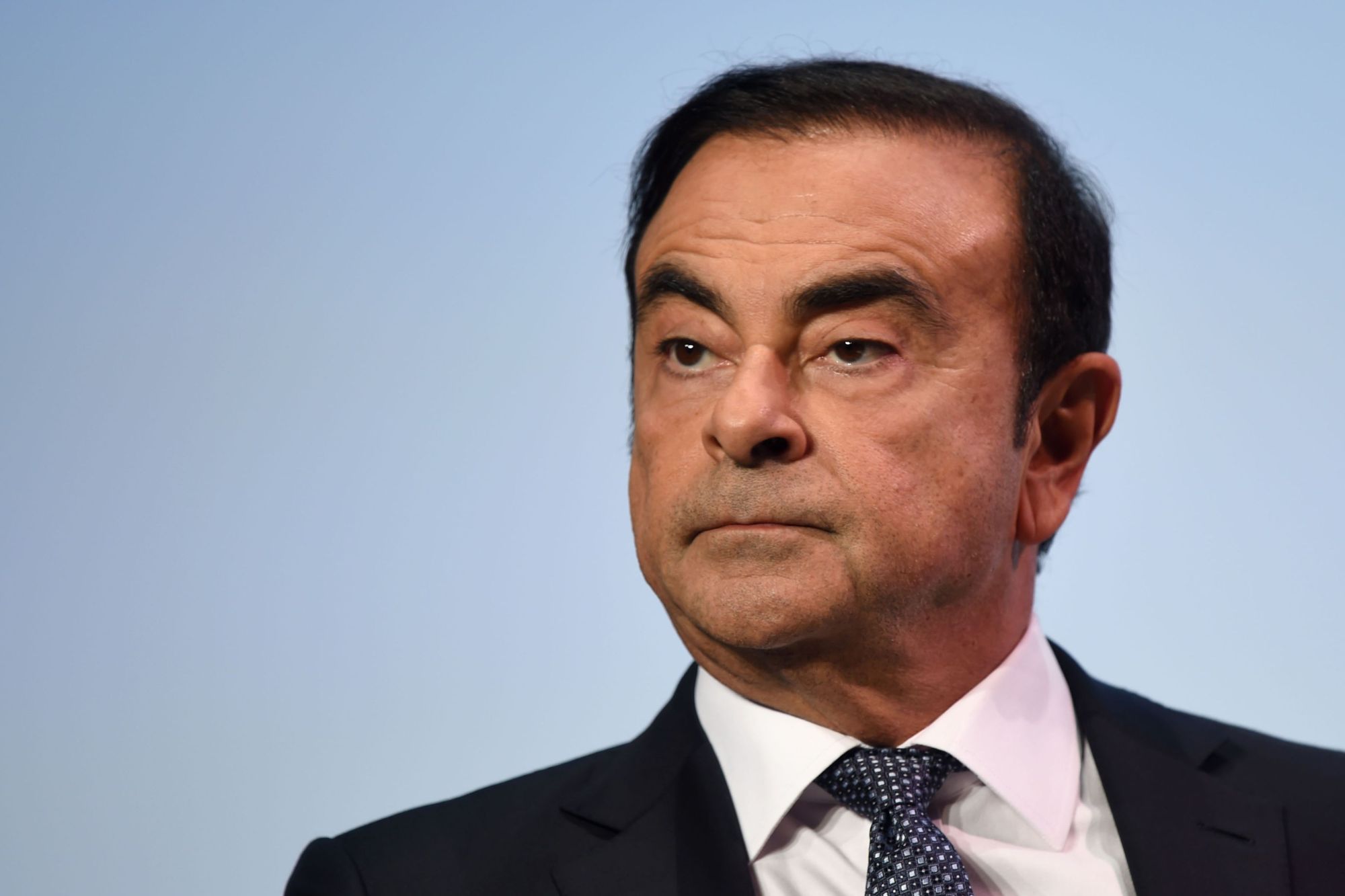On Christmas Eve, Carlos Ghosn walked into his lawyers' modest office in central Tokyo to speak to his wife, Carole, for only the second time since April. During his long odyssey through the Japanese legal system — several arrests, more than 100 days in solitary confinement, seemingly endless interrogations, and, after his release on bail, intrusive 24-hour surveillance — Ghosn had been forced to accept many humiliations. But few demoralized the ousted leader of Nissan Motor Co. and Renault SA as much as having to seek court permission even to call his spouse, who prosecutors viewed as a potential co-conspirator in some of the wide range of financial crimes with which he's been charged.
Carole Ghosn, who'd departed Japan in a hurry after her husband was taken into custody on a fourth charge in early April, has spent much of the last year lobbying tirelessly on his behalf — a campaign that was taking an obvious toll. "They've destroyed our lives, we are scarred forever," she said of Ghosn's accusers in a November interview with Bloomberg Television. "It's been the hardest year of my life."
They were allowed to speak for one hour, but it wasn't enough; they still had much more to say to each other. As time ran out, according to one of Ghosn's lawyers, who described the call on his blog, the fallen executive signed off with a simple "I love you, habibi," an Arabic term of affection.



